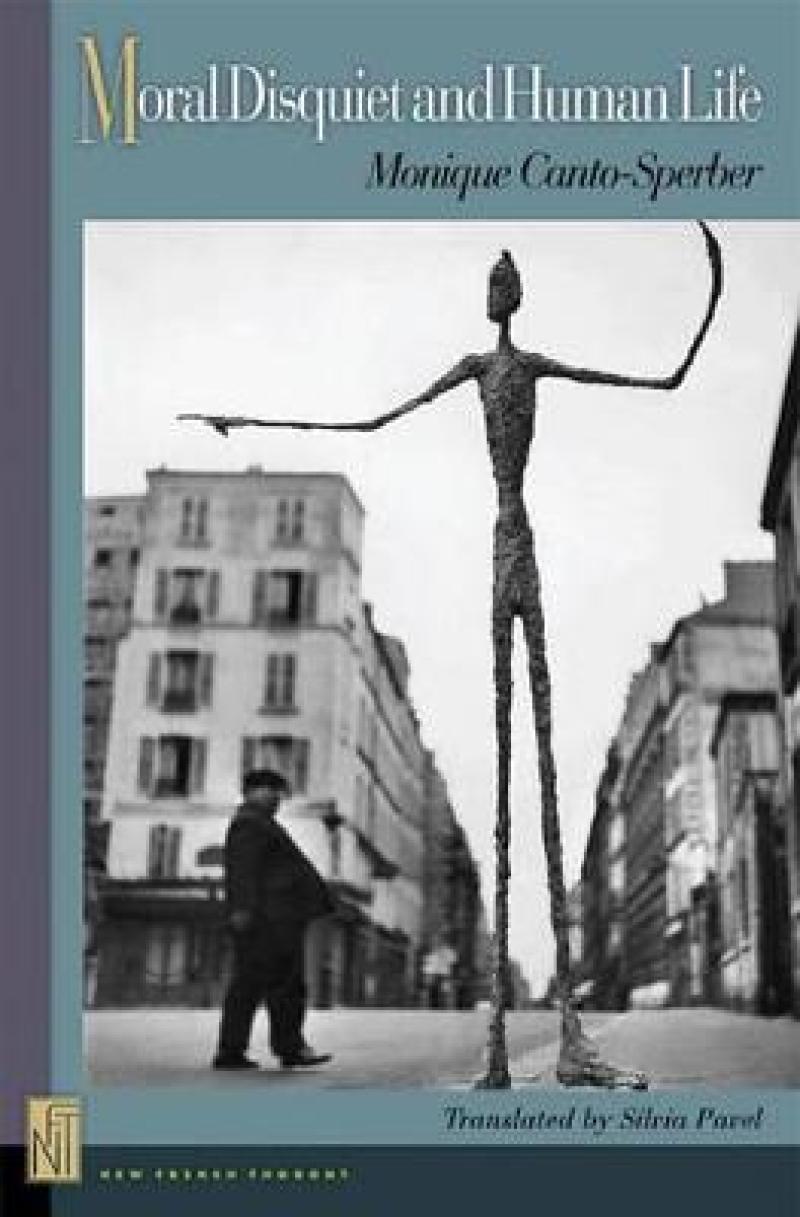"[A]n extremely rich and wide-ranging work, written by one of the foremost contemporary moral philosophers in France... Without at all sacrificing rigor, [Monique Canto-Sperber] demonstrates in a most resounding way that philosophy at its very best is plentiful in its resources to speak quite illuminatingly to the circumstances of life that agonize us so."--Laurence Thomas, Ethics "Canto-Sperber not only holds up the history of moral philosophy as relevant and insightful, but she retells the grand story in her own fashion. Anglophones will find her narrative of the Ancients, her homage to the pre-Moderns (like Anselm), her 'inside story' approach to the existentialists, and her comparisons of French philosophers to non-French thinkers, both entertaining and revealing. But her incisive critique of the Enlightenment project of secularization, written in a dramatic and ever-surprising style of prose, is what makes this work unique and provocative."--Albert D. Spalding, Philosophy in Review
